The illicit trade of organ harvesting has rapidly gained traction, with human organs and body parts increasingly becoming commodities in black markets around the world.
Once whispered as rumours, the practice has evolved into an organised industry where human organs, such as kidneys, livers, and hearts, are extracted and trafficked, often without the knowledge or consent of the victim.
In Nigeria, organ harvesting has gained notoriety for its links to ritual killings, kidnappings, and the pervasive greed of traffickers seeking profit through human exploitation.
The Global Trade In Human Organs
Globally, organ trafficking accounts for a staggering percentage of transplants performed. A Global Financial Integrity Report estimates that 10% of all organ transplants are conducted using trafficked organs, a chilling statistics that highlights the worldwide scope of this underground market. The trade flourishes through complex networks that span across borders, with organs harvested in impoverished regions, such as parts of Africa and Asia, and trafficked to affluent countries where there is a high demand for transplantable organs. In some cases, organs are not only used for transplants but also sold for research or other illicit purposes.
While organ trafficking may seem distant to many, the reality is much closer to home, as highlighted by Nigeria's ever-growing number of reported cases. Victims are often kidnapped, their organs harvested for sale in underground markets, with human spare parts traded like goods in a grocery store. The perpetrators often prey on vulnerable individuals who cannot defend themselves or whose families are unable to pay ransom demands.
Nigerian Law and Organ Donation
Nigeria's legal framework regarding organ donation permits the humanitarian act of organ donation but strictly prohibits the sale of human organs. Under the National Health Act 2015, the removal of tissues, blood, or other biological products from a living person can only occur with the informed consent of the donor, as stipulated by Section 48 (1). This law aligns with international standards, which seek to regulate organ transplants while maintaining the dignity and autonomy of individuals. The Trafficking in Persons (Prohibition) Enforcement and Administration Act 2015 goes further, providing stringent penalties for those found guilty of organ trafficking.
In line with this law, Section 48 (2) (b) explicitly forbids the removal of any organ for purposes of merchandise or sale. Even if a donor consents to the removal of an organ, financial compensation for such a donation is strictly prohibited. This zero-tolerance approach towards the commercial trade of human organs highlights Nigeria's commitment to preventing the exploitation of vulnerable citizens in organ trafficking networks. Offenders convicted under Section 20 of the Trafficking Act face imprisonment for up to seven years and fines not less than five million Naira, a substantial penalty designed to act as a deterrent.
The Reality Of Organ Harvesting In Nigeria
Despite Nigeria's legal prohibitions, organ harvesting continues to thrive, often hiding in the shadows of the criminal underworld. The practice is frequently categorised as ritual killings by law enforcement agencies, obscuring the true extent of the crime.
According to Julie Okah-Donli, former Director-General of the National Agency for the Prohibition of Trafficking in Persons (NAPTIP), many organ harvesting cases are treated as ritual murder, failing to capture the full scope of organised organ trafficking networks.
Kidneys, in particular, are among the most coveted organs in the black market due to their relatively high demand and the ability of the human body to survive with one functioning kidney. Other sought-after organs include the liver, heart, lungs, and corneas. Medical professionals argue that organ transplantation can be life-saving, but when these organs are obtained through illegal means, the consequences are often fatal for the victims.
A series of gruesome discoveries in Nigeria in recent years has drawn national attention to this epidemic. In 2018, a mass grave was uncovered in Anambra State, believed to contain the remains of victims whose organs were harvested and sold. More recently, in 2020, authorities arrested a man in Lagos State who had lured individuals under the guise of providing job opportunities, only to abduct them and forcibly remove their organs.
The growing trend of kidnappings for ransom has also fueled the illegal organ trade. Many victims who are unable to secure ransom payments face the brutal reality of having their organs harvested by their captors. The heart-wrenching testimonies of survivors reveal the horror that they endured during their captivity. Some victims recount being sold to traffickers, others describe being kept alive while their organs were harvested one by one.
High-Profile Cases Of Organ Trafficking
High-profile cases have further brought organ trafficking into the public eye. In one widely publicised case in 2023, Nigerian Senator Ike Ekweremadu, his wife, and a doctor were sentenced in the United Kingdom for their involvement in an organ trafficking plot. They were convicted of attempting to traffic a 21-year-old street vendor from Lagos to the UK, with the intention of harvesting his kidney to save their ailing daughter. This case was the first of its kind under Britain's modern slavery laws, highlighting the transnational dimension of organ trafficking.
The Role of Healthcare Providers and Law Enforcement
In many cases, healthcare professionals are complicit in the organ harvesting trade. Medical facilities, once places of healing, are sometimes corrupted by greed, with doctors and staff participating in the illegal transplantation of organs. In Ibadan, a private hospital was shut down after an investigation revealed it had been conducting unauthorised kidney transplants. The Independent Corrupt Practices and Other Related Offences Commission (ICPC) found that the hospital had trafficked organs from patients without their knowledge or consent.
Despite efforts by law enforcement to crack down on organ trafficking, the deeply embedded nature of the trade and the involvement of powerful individuals make it difficult to completely eradicate it. A combination of poverty, corruption, and a lack of resources means that many cases go unreported or unresolved. Even when arrests are made, as in the case of Dr. Noah Kekere, a quack doctor accused of harvesting a patient's kidney, it is often too late to prevent irreversible damage.
Ritual Killings and Organ Harvesting
Nigeria's cultural landscape also plays a role in the complex web of organ harvesting. Ritual killings, long believed to bring wealth and power, are intertwined with the harvesting of human organs. The rise in kidnappings for ritual purposes has coincided with a sharp increase in organ trafficking. Many ritualists believe that human organs, particularly hearts and livers, possess mystical powers that can be harnessed for personal gain.
In one chilling case, a gang of suspected ritualists operating in Lagos State was arrested in May 2023. The group, which included religious leaders and traditional healers, specialised in killing people and harvesting their body parts to sell. The leader of the gang confessed to selling human heads for N45,000 and hearts for N70,000, underscoring the cold, transactional nature of this trade.
The Future of Organ Trafficking in Nigeria
The pervasive issue of organ harvesting in Nigeria is deeply troubling and calls for immediate and coordinated action from both local and international authorities. While the government has made strides in legislating against organ trafficking, more needs to be done to protect vulnerable citizens from being exploited by traffickers. Public awareness campaigns, improved law enforcement training, and international collaboration are essential to curbing the spread of this heinous crime.
As the global demand for organs continues to rise, so too does the risk of exploitation. Without significant intervention, more lives will be lost, and the illicit organ trade will continue to flourish. The international community must work together to dismantle these networks and bring the perpetrators of organ trafficking to justice. Until then, the dark market for human spare parts will remain a grim reality for many.

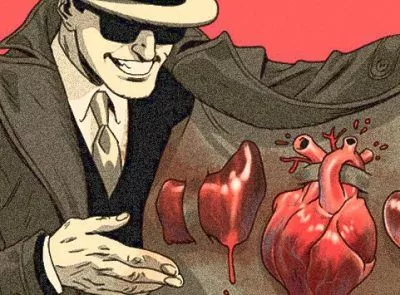
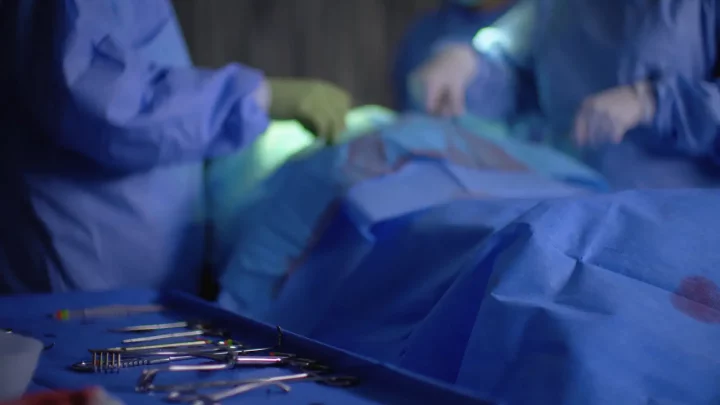
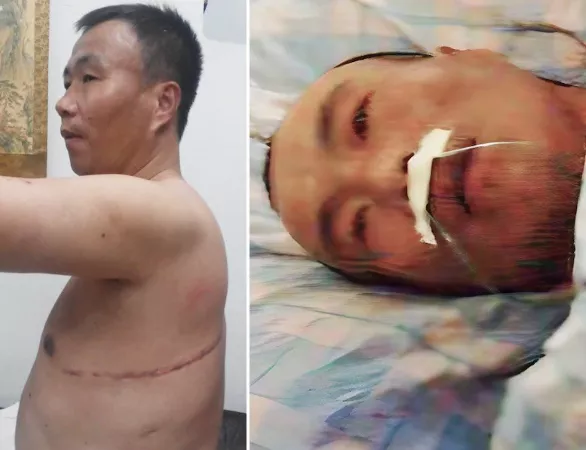
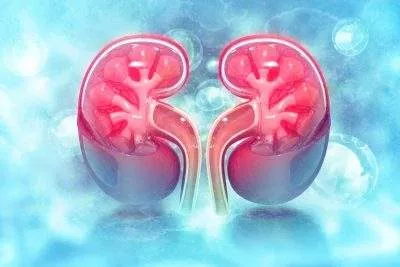
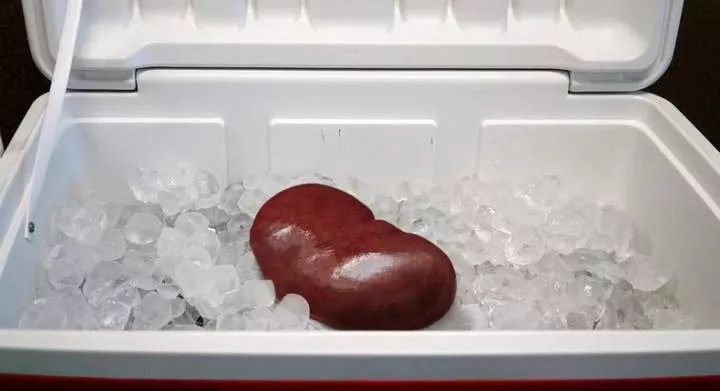


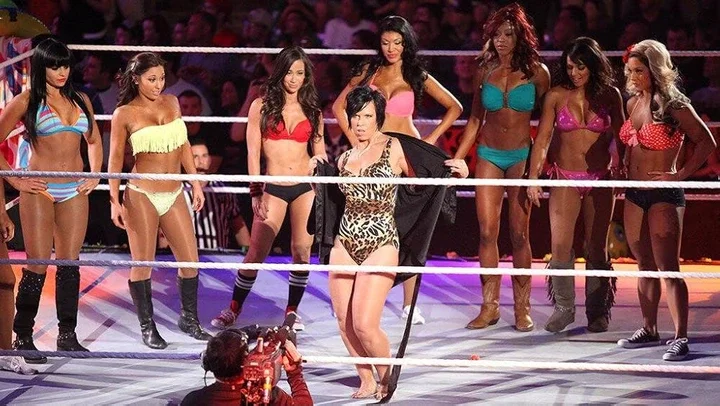

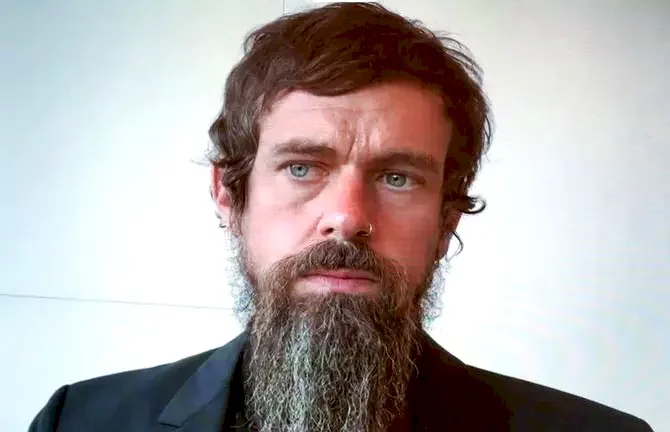


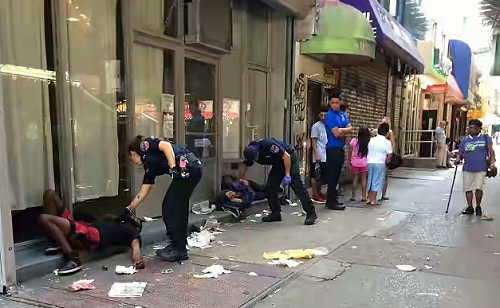
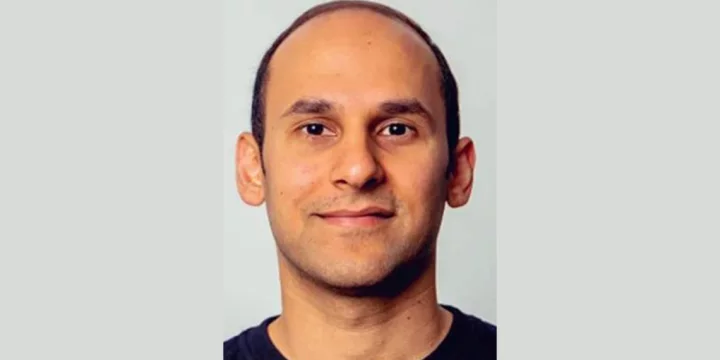


Comments